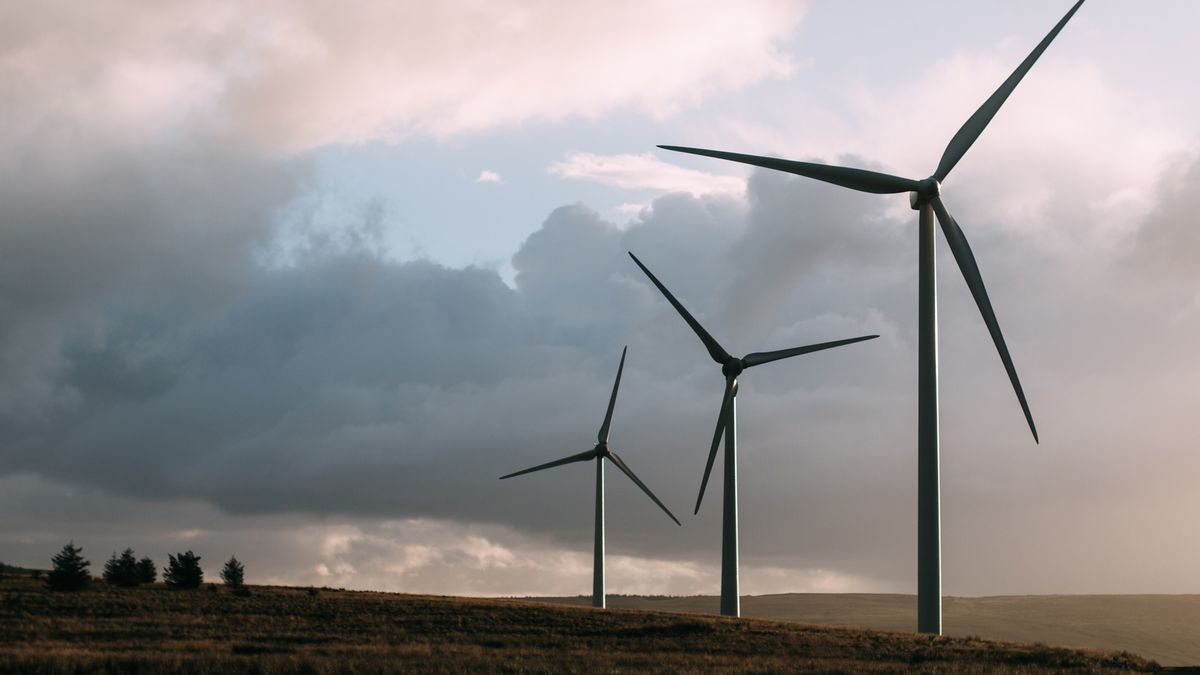The Commission had sent in the last minutes of December 31 a proposal on this initiative to the countries of the European Unionand the bloc’s capitals had until January 21 to present their points of view.
According to coincident sources, the project -which generated a harsh discussion between the countries of the bloc- has not been modified in an essential way.
The original project considers the inclusion of nuclear energy and gas among green investments on a temporary basis.
However, it quickly became clear that it would be difficult to find a consensus since the European economies rely on an important variety of energy matrixes.
The inclusion of nuclear energy and gas in the project is defended by several countries led by Francewho allege that renewable sources (such as solar or wind) will not cover the block’s electricity needs.
In counterpart, Germany -a country highly dependent on gas to move its industry- heads the group of countries that opposes the inclusion of nuclear energy in the “sustainable” investment program and defends the inclusion of gas.
In that way, Paris and Berlin They seek to ensure that energy matrices of fundamental importance for their economies are included in the project.
While, Austria, Denmark, Sweden and the Netherlands have published a joint letter opposing the inclusion of gas, a fossil energy source.
For those four countries, the EU’s intention to see its categorization plan become the “standard” would be seriously affected.
After the publication of the final text, a period of four months will begin to run (which could be extended by two more months) for the European Parliament to deal with the text.
In principle, the European Council (which represents the nations of the bloc) could also block its full authorization for the program, although for this it would need to unite the vote of 20 member countries, a scenario that at the moment seems impossible to achieve.
In that picture, the director of the European Investment Bank (EIB), Werner Hoyer, announced in December that this institution could avoid the bloc’s “taxonomy” given the widespread opposition to gas and nuclear energy among green investors
“If we lose the confidence of investors, by selling as a green project something that turns out to be the opposite, then we cut off the feet on which we stand when it comes to financing the activities of the bank,” he said.
Source: Ambito
David William is a talented author who has made a name for himself in the world of writing. He is a professional author who writes on a wide range of topics, from general interest to opinion news. David is currently working as a writer at 24 hours worlds where he brings his unique perspective and in-depth research to his articles, making them both informative and engaging.




